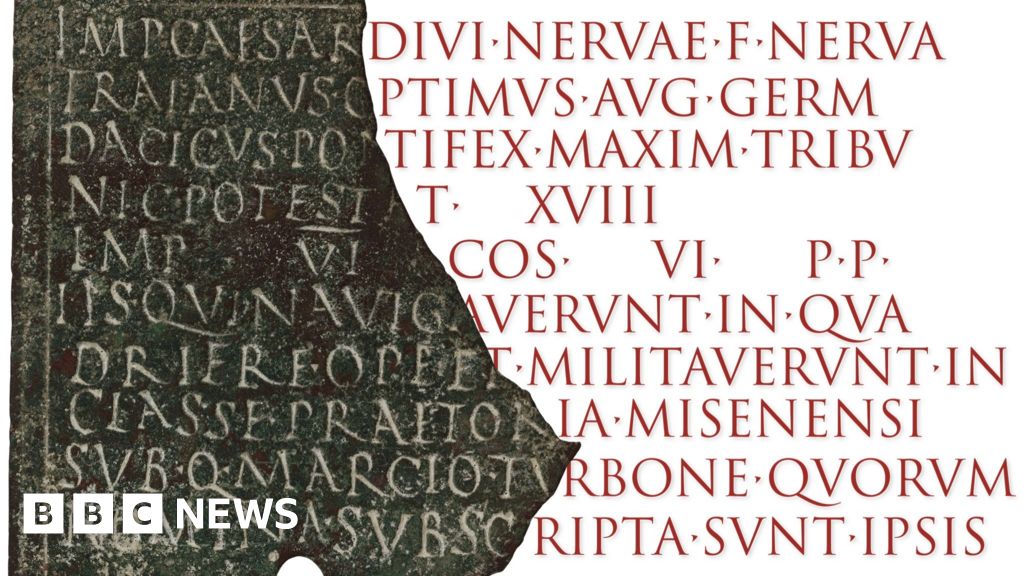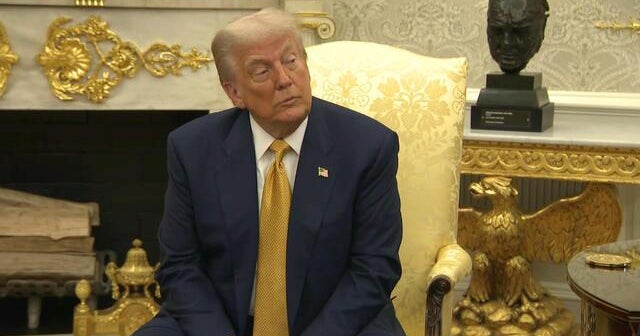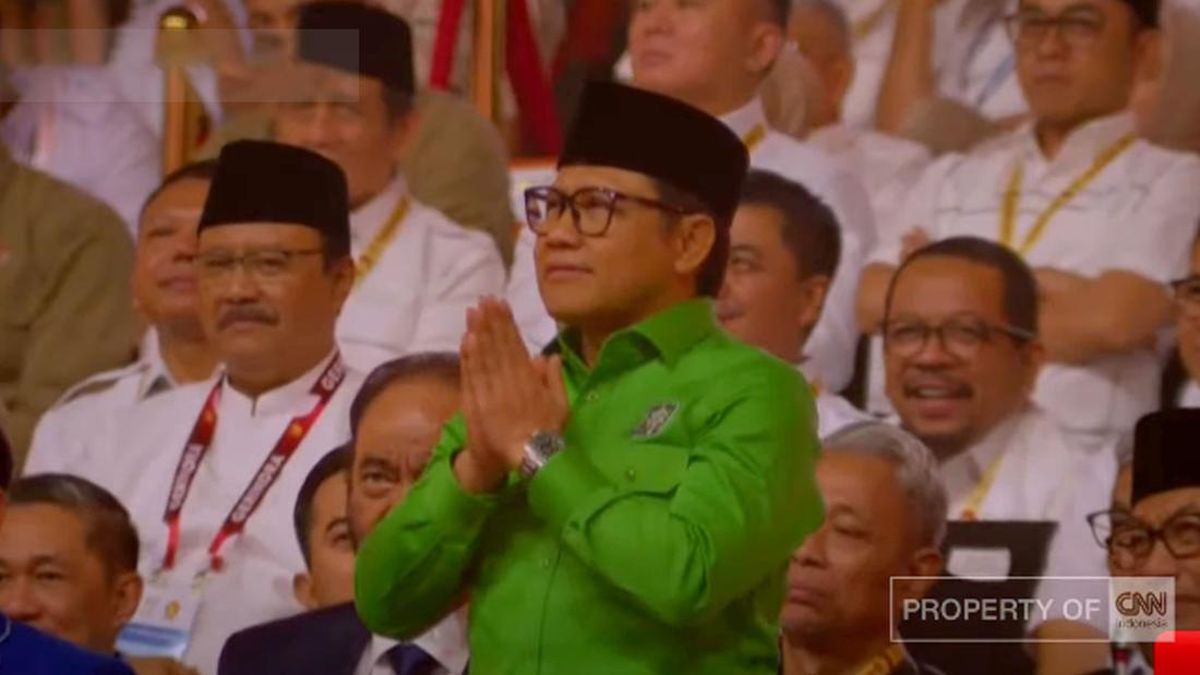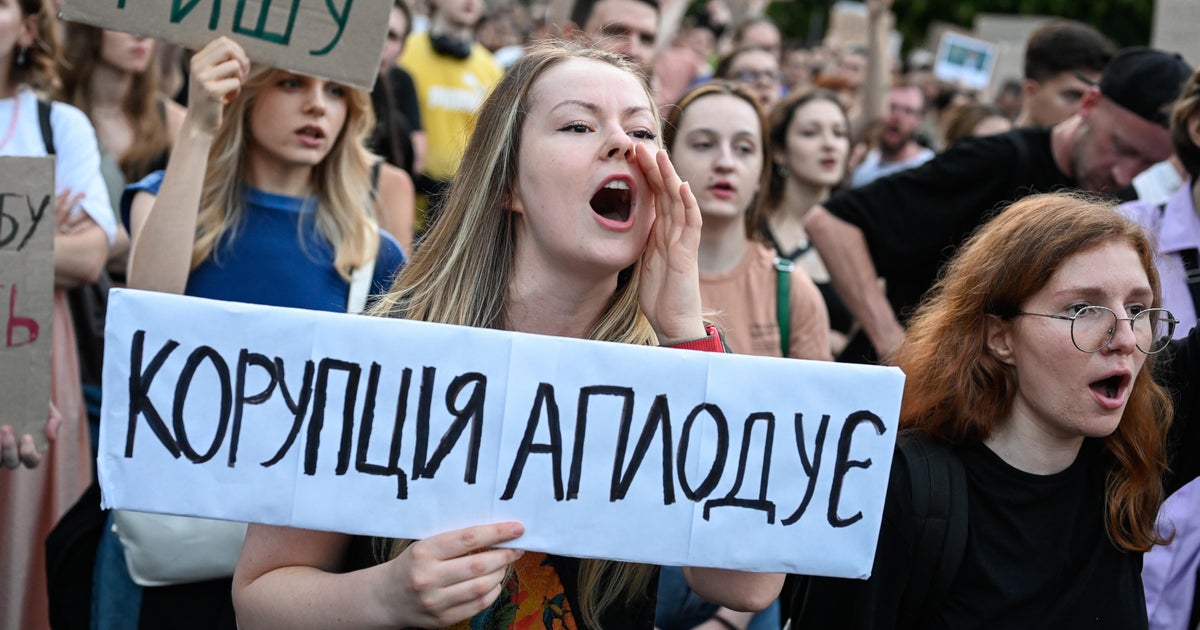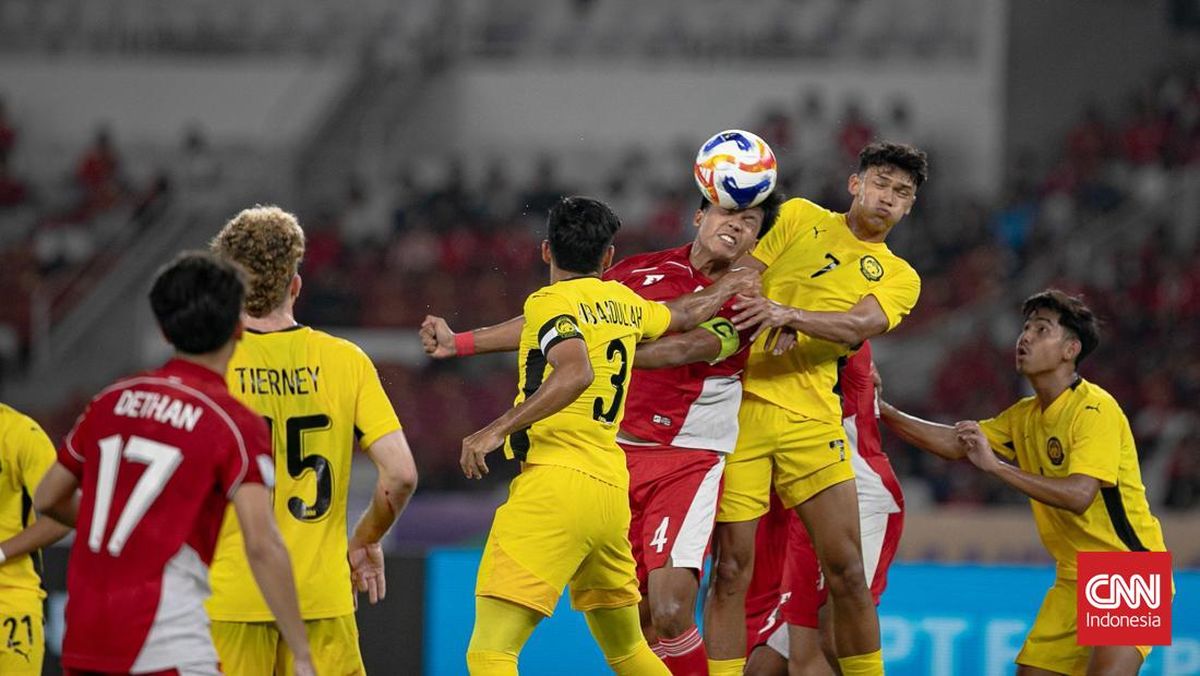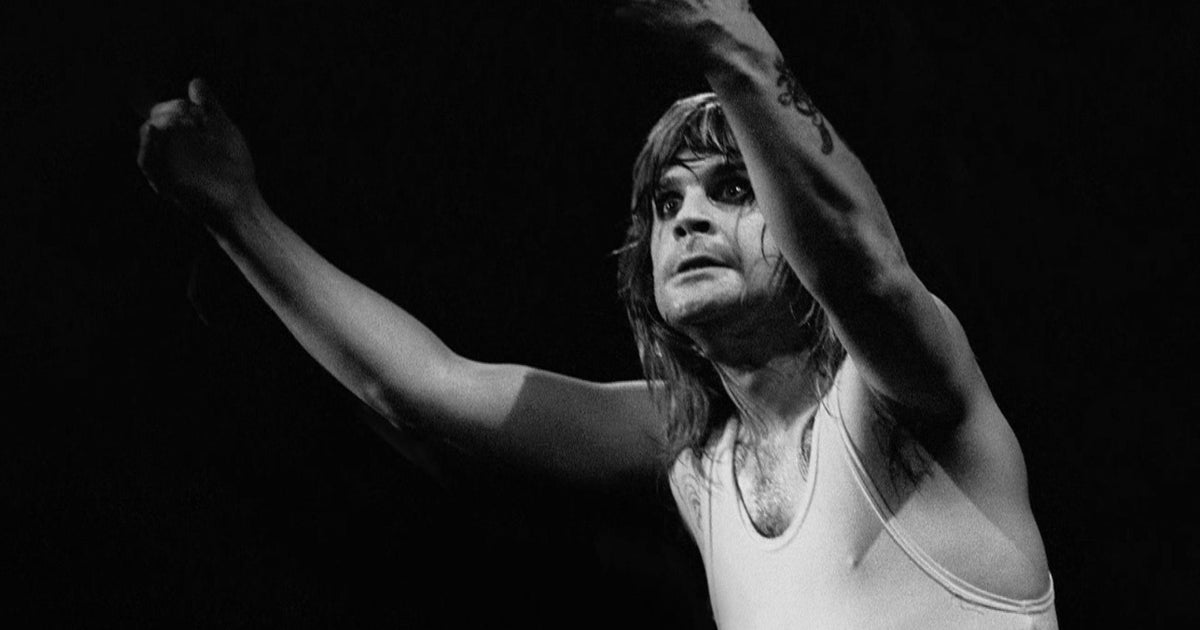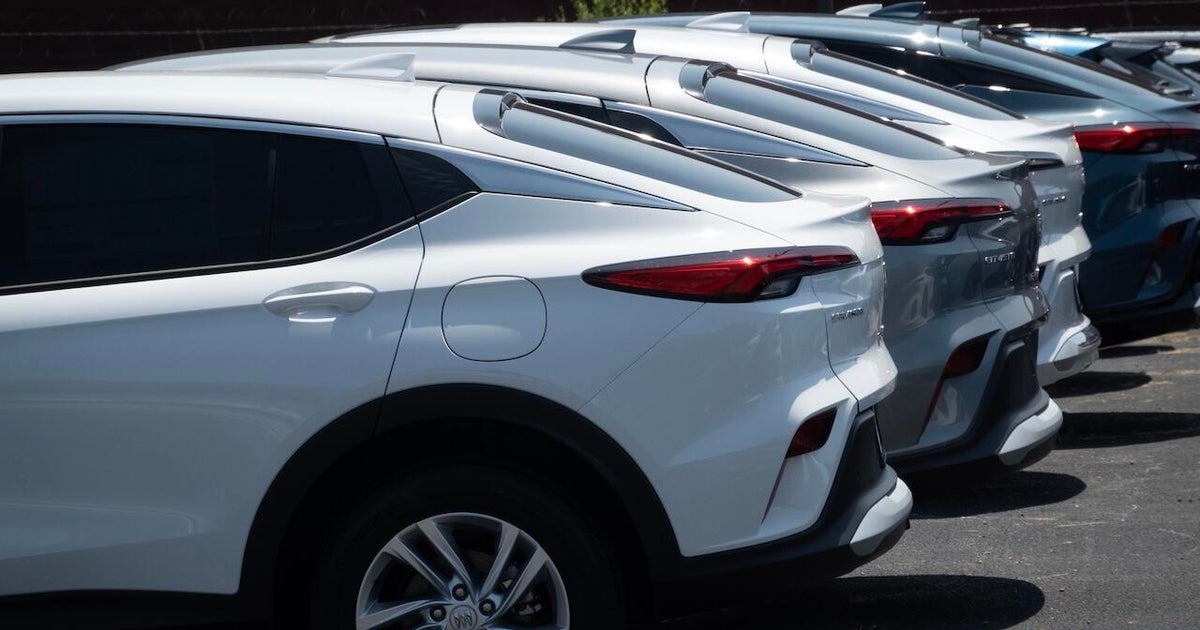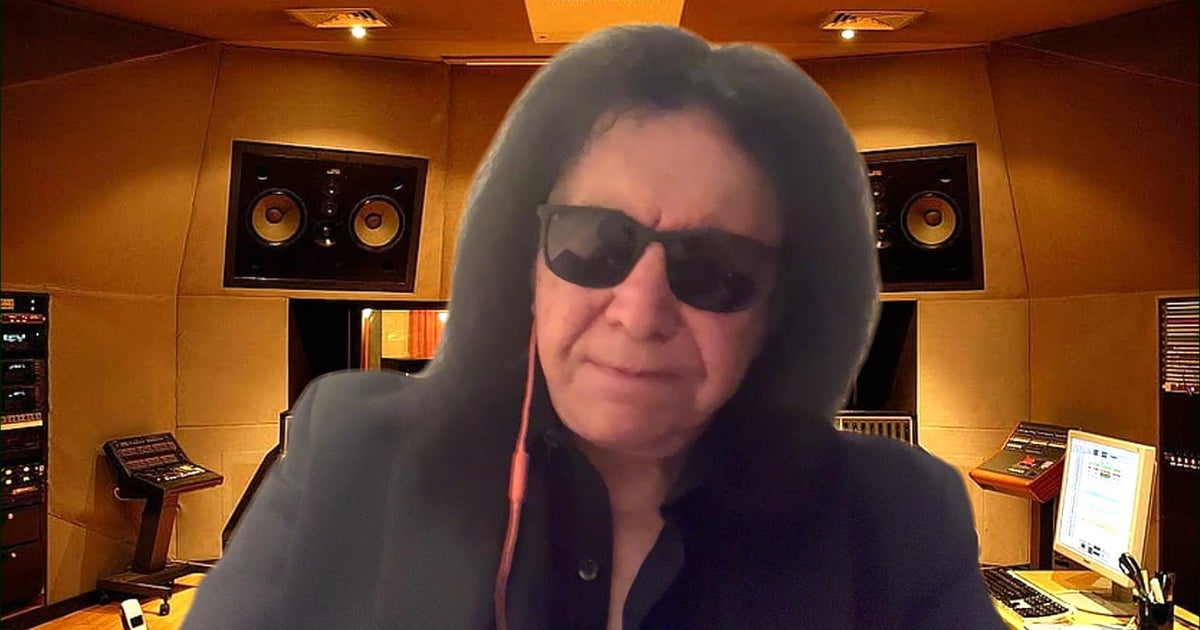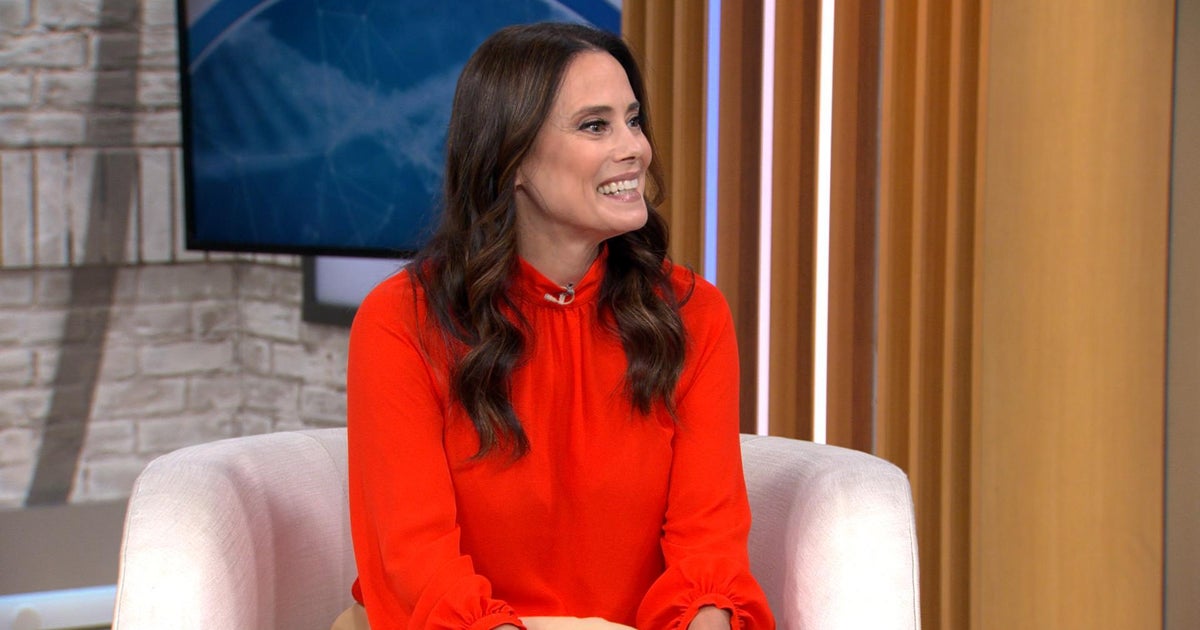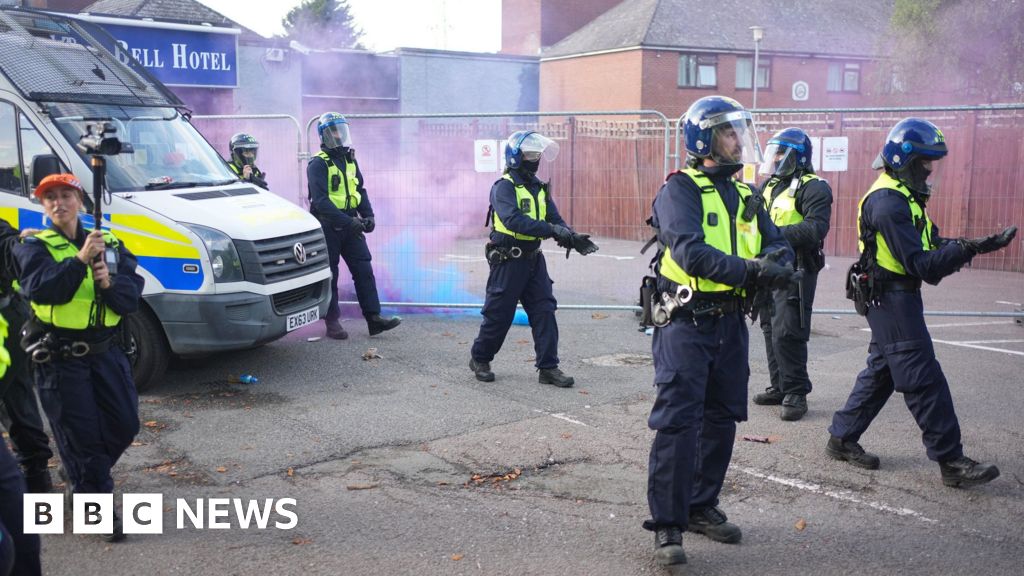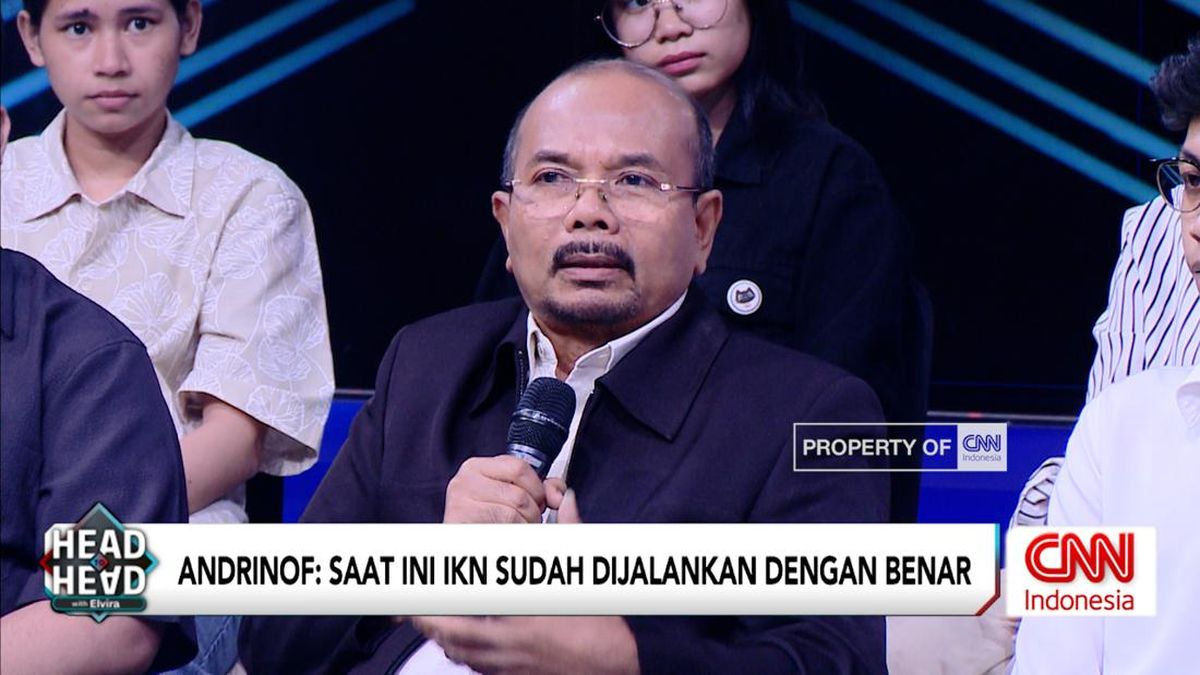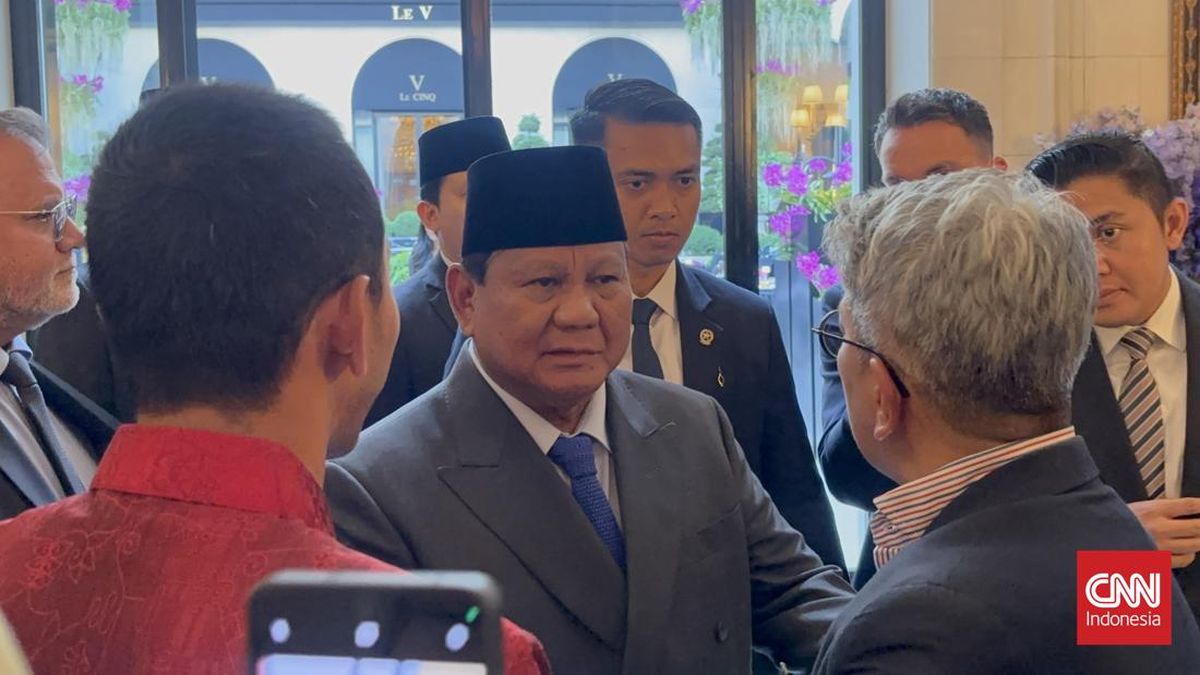Staring at perhaps three years of increasing irrelevance, Australia’s small and once-influential political parties have turned to their own internecine wars on the very day the lopsided 48th federal parliament opened for business – pretty much as a Labor shopfront.
The Greens have dropped one of their founders in an unedifying brawl over transgender policy and two Nationals warhorses are advocating abandonment of net zero emission targets just as both Coalition parties review their climate and energy policies following Peter Dutton’s thumping election defeat in May.

Opposition Leader Sussan Ley in the House of Representatives on Wednesday.Credit: Dominic Lorrimer
The Nationals’ self-absorption is unforgivable as the Liberals struggle to recapture their lost heartland by addressing modern-day problems, including climate change. No such concerns appear to bother perverse MPs from the Nationals heartland, where the effects of climate change, bushfires and floods are most pernicious.
Former Nationals leaders and once-bitter rivals Barnaby Joyce and Michael McCormack have curiously joined forces to spruik dumping net zero emissions and publicly undermine leader David Littleproud. Out of nowhere, they have raised the spectre of a challenge just as Liberal leader Sussan Ley tries to project an image of unity so the Coalition can rediscover its mojo and become a credible opposition.
Meanwhile, the Greens wasted little time digesting their election failure to instead grab headlines for expelling Drew Hutton, co-founder of the Queensland and Australian Greens, after he refused to delete transphobic comments made by others on his Facebook page. Former Greens leaders Bob Brown and Christine Milne opposed blackballing Hutton, who then accused the Greens of trying to stifle free speech, adding the party was “authoritarian, aggressive, unlikeable”. Greens leader Larissa Waters went on the ABC to defend the move, ludicrously saying she had not read documentation about Hutton’s expulsion.

Prime Minister Anthony Albanese addresses parliament on Wednesday. Credit: Alex Ellinghausen
Compare and contrast the Greens’ lack of feeling for their own history with Labor’s actions this week, when it decided against banishment and allowed a portrait of the less-than-shining example of Labor values, former leader Mark Latham, to remain in the caucus room leaders’ gallery – with a note that he was dead to them and had been expelled for life.
Maybe losing badly rattles judgment: the Greens lost three seats, including the Melbourne electorate of former leader Adam Bandt. Their Senate primary vote was down almost 1 per cent too, though they maintained the same number of Senate seats.
Against that, the Nationals held ground, winning 15 seats with 3.8 per cent of the national vote, but it was a scant 0.2 per cent increase from 2022. In fact, the Nationals vote has been stuck beneath 5 per cent for nearly 20 years as their heartland shrank to ageing populations drip-fed by Sky News.
The descent into small parties futilely engaged in internal brawling could destabilise attempts to make the Coalition and the Greens match fit. Facing years of political powerlessness, the small parties are ill disciplined and voters should brace for an unedifying series of petulant and indulgent infighting.
Bevan Shields sends an exclusive newsletter to subscribers each week. Sign up to receive his Note from the Editor.


